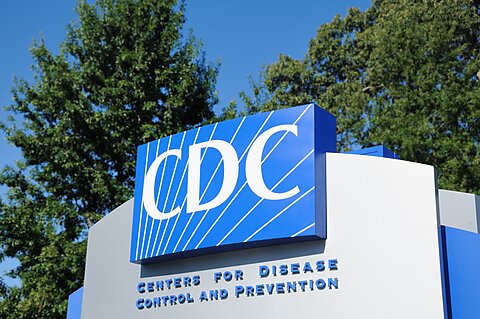
Jeffrey A. Singer
News that Health and Human Services Secretary Robert F. Kennedy, Jr., fired Centers for Disease Control and Prevention Director Susan Monarez, MD, due to disagreements over vaccine policy—followed by three top CDC officials, Drs. Daskalakis, Houry, and Jernigan resigning—underscores how politicized the agency has become. These events highlight why we need to decentralize public health and remove as much of it from government control as possible.
As I recently discussed in a blog post, science is debated, constantly evolving, and progresses best through professional and scientific societies that encourage open debate instead of being dictated by government committees. Unfortunately, when government officials make health care recommendations, even if they emphasize these are only guidelines, they often become de facto mandates, overshadowing other opinions and defining what the public considers the “official” medical truth.
Responding to Secretary Kennedy’s release of the Make America Healthy Again (MAHA) Report last May, Terence Kealey, Bautista Vivanco, and I wrote:
In a free society, there is a legitimate role for government in public health, as our colleague Michael Cannon explains. It is appropriate for the government to engage in public health policy, specifically in areas where the actions of some may threaten the lives and safety of others. All too often, government-directed research and policy today focus on personal health issues, which individuals can assess and manage independently, consulting experts as needed.
Congress established the CDC in 1946 as the Communicable Disease Center. It focused on eradicating highly contagious and deadly diseases, starting with malaria and later including smallpox, tuberculosis, and other communicable diseases. Over the years, Congress expanded its scope, renaming it the Center for Disease Control in 1970, the Centers for Disease Control in 1980, and the Centers for Disease Control and Prevention in 1992. In the process, it has inserted itself into various health issues, many of which are better classified as personal health issues, and some of which—like firearm violence—only tangentially relate to health.
Members of the medical and scientific community who have long supported an active government role in health issues likely never expected that a controversial figure like Robert F. Kennedy, Jr.—who has often made unsubstantiated claims about vaccine safety, environmental toxins, and food additives, and has fueled public fears leading to a drop in childhood vaccination rates—would become the leader of the country’s public health system.
Many public health scholars have criticized Secretary Kennedy’s decision to fire Susan Monarez and what it suggests for the agency. Dr. Ashish Jha of the Brown University School of Public Health and former White House COVID-19 Director in the Biden administration expressed concern over what he calls a “total implosion” at the CDC.
Last week, several professional medical organizations openly disagreed with the CDC Advisory Committee on Immunization Practices (ACIP), providing alternative recommendations.
If there’s a silver lining, it’s that the unraveling at CDC may finally break the government’s grip on medical debate—returning science to scientists, where it belongs.






